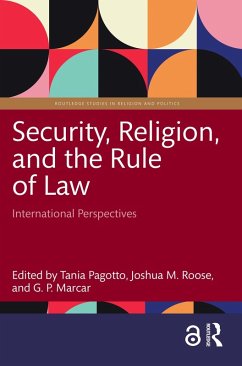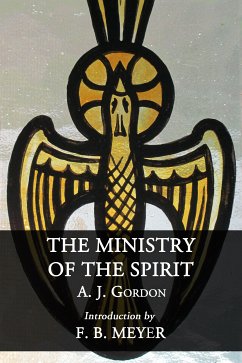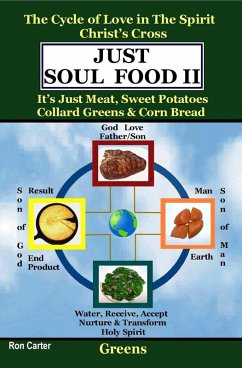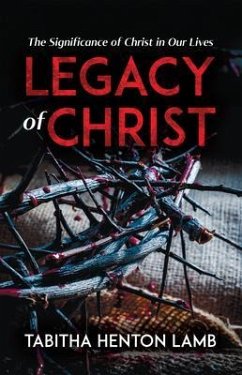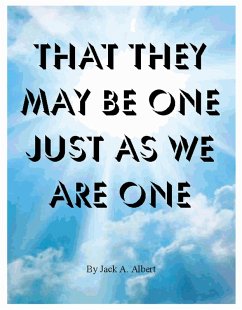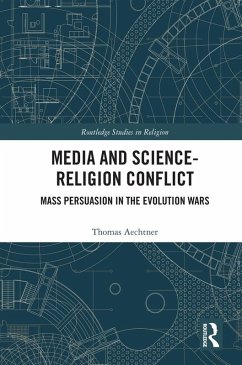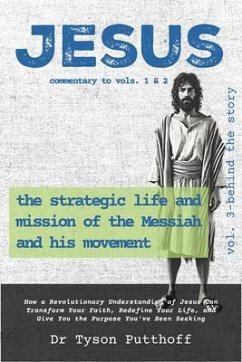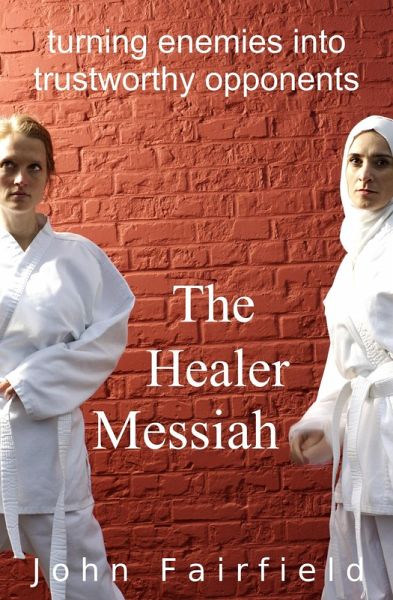
The Healer Messiah - Turning Enemies into Trustworthy Opponents (eBook, ePUB)

PAYBACK Punkte
0 °P sammeln!
The Healer Messiah - Turning Enemies into Trustworthy Opponents (eBook, ePUB)
Dieser Download kann aus rechtlichen Gründen nur mit Rechnungsadresse in A, B, CY, CZ, D, DK, EW, E, FIN, F, GR, H, IRL, I, LT, L, LR, M, NL, PL, P, R, S, SLO, SK ausgeliefert werden.




